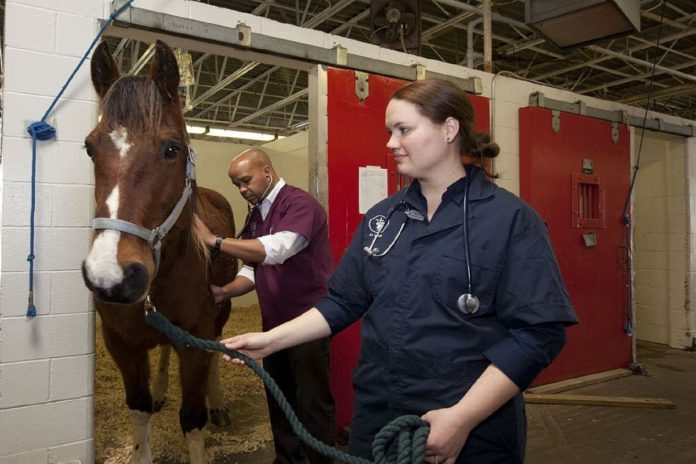42.5% of veterinary professionals in Ireland experience abnormal levels of stress.
That is the key finding arising from the first “comprehensive” study on the health of the veterinary professions in Ireland.
The Veterinary Council of Ireland (VCI) commissioned the research that it conducted in collaboration with the HSE National Office for Suicide Prevention (NOSP) and the National Suicide Research Foundation (NSRF) in April 2021.
The VCI, has this morning (Monday, April 25th, 2022) published the resulting research report.
747 registered veterinary practitioners and veterinary nurses in both employee and managerial roles participated in the anonymized research.
It covered the topics of depression, anxiety, stress, burnout, deliberate self-harm, suicide, mental health knowledge, stigma, help-seeking, and sources of support.
This represents 18% of all registered vets and vet nurses in Ireland at the time of the survey, which is a” strong” response.
Anxiety levels were high amongst respondents across all roles:
- 7% of participants were in the normal range for anxiety;
- 9% in the borderline abnormal range;
- 5% in the abnormal range.
The research study shows that Irish veterinary professionals are at “no greater risk” of suicidality than the general population in Ireland. This is based on a comparable study Maynooth University carried out in 2020.
However, UK-based research suggested that vets experience a higher level of anxiety and depression symptoms than the general population (Bartram et al 2009).
Participants were presented with a list of stress factors and asked to indicate which they are exposed to.
The most commonly selected stress factors included:
- Struggling with work-life balance (74.5%);
- Long working hours (66.4%);
- Out of hours care (38.1%);
- Salary (33.8%);
- Recruitment (31.8%);
- Retention (24.6%).





